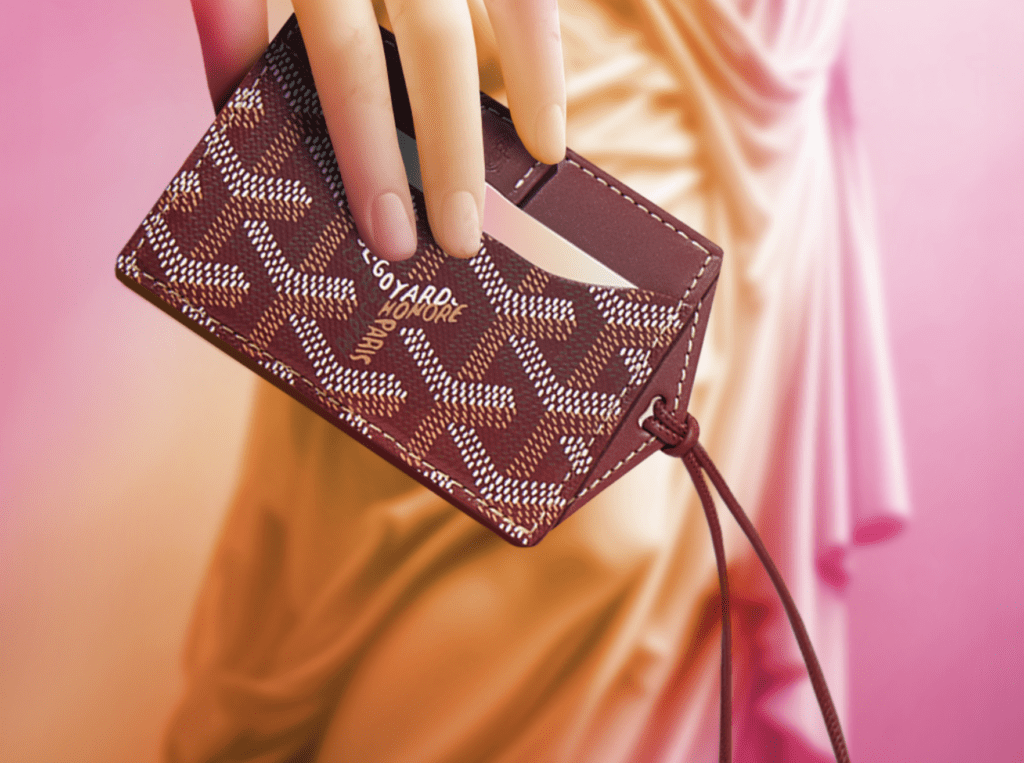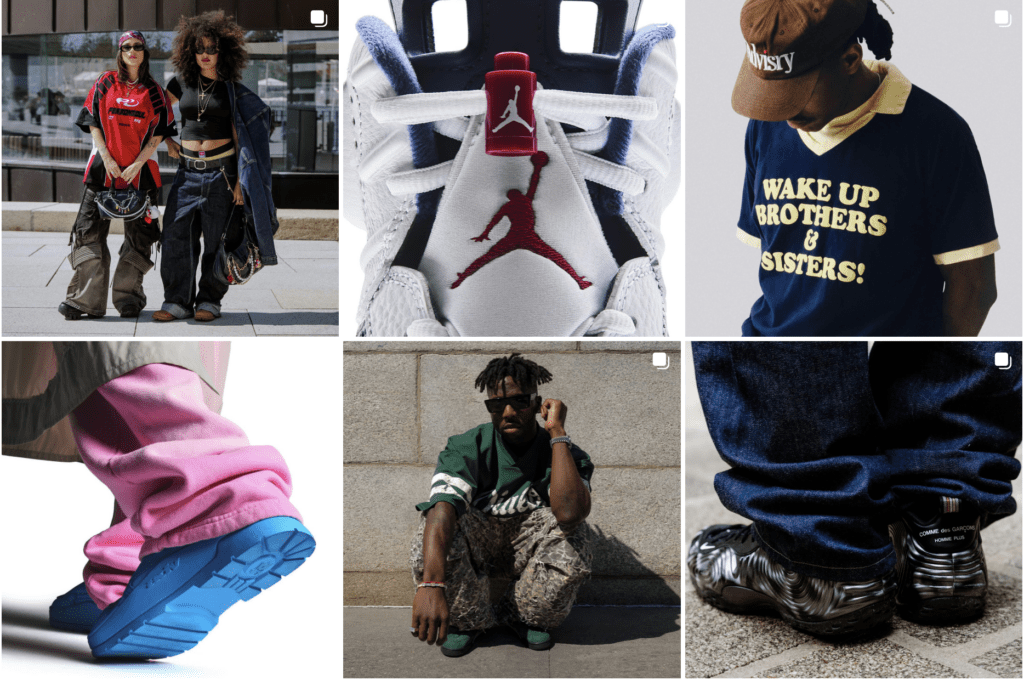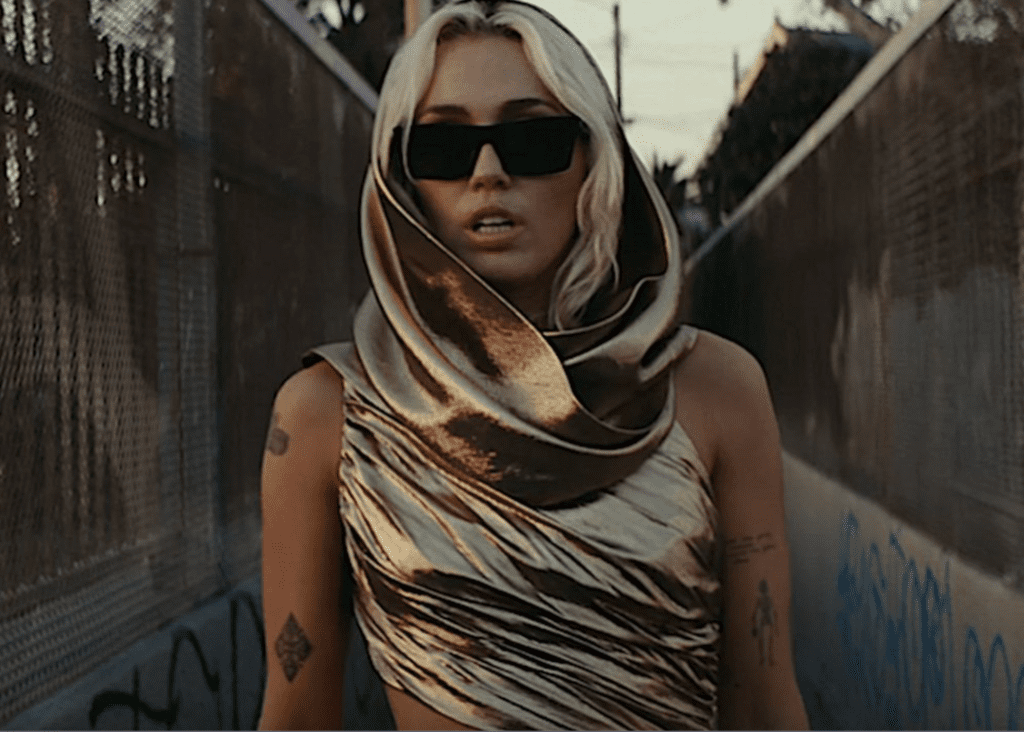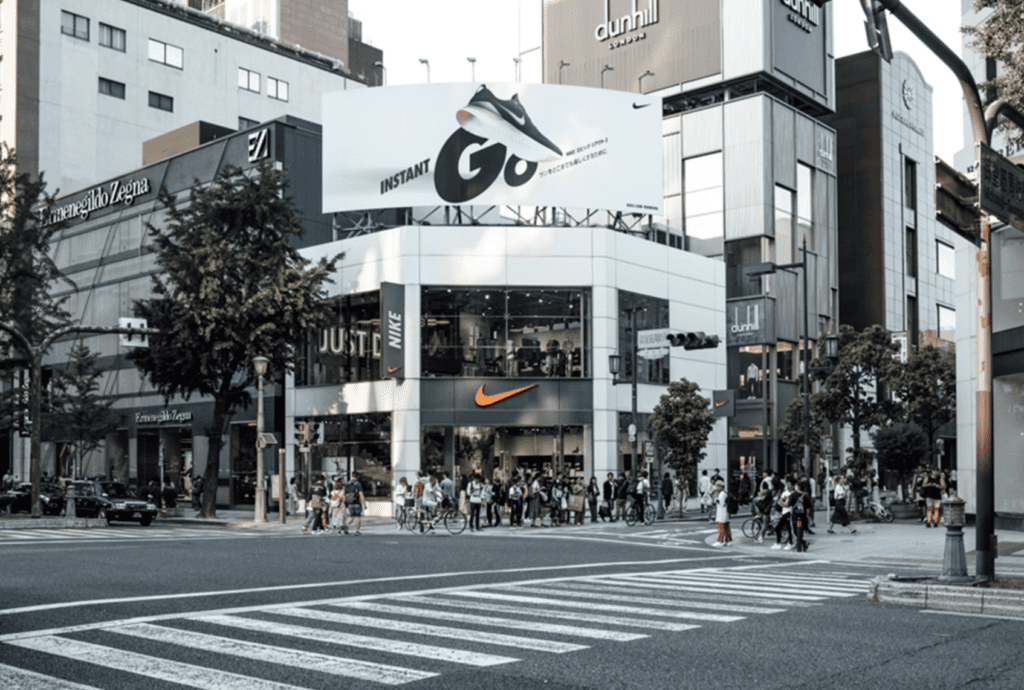Goyard is taking on a sneaker and apparel customizer in a newly-filed trademark lawsuit. In the complaint that it filed with the U.S. District Court for the Central District of California on Tuesday, Goyard alleges that S2, Inc., Surgeon Worldwide Inc., and Dominic Ciambrone (collectively, the “defendants”) are on the hook for an array of trademark-centric claims as a result of their sale of footwear, apparel, and accessories that they market as being made with “authentic” Goyard canvas. The problem, according to the French luxury goods brand, is that it has “not verified [the trademark-bearing canvas at issue] as genuine.”
Setting the stage in the complaint, as first reported by TFL, Goyard claims that the “entire business” of the defendants – which do business as the Sneaker Surgeon – is “centered on combining popular athletic shoes originating from Nike, Birkenstock, or New Balance, for example, and combining them with other famous products and trademarks, such as those from Louis Vuitton, Lanvin, and Gucci.” While “some of these collaborations are believed to be legitimate and the defendants have advertised them as such,” that is not the case here, Goyard claims, as they never “received [its] consent or authorization … to place its canvas material, or a copy of the [material], on its products.”
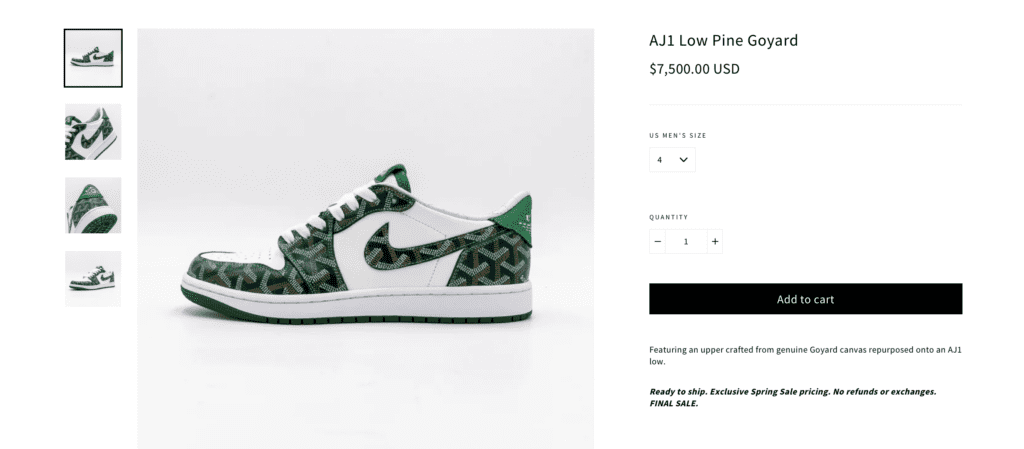
In addition to failing to obtain authorization to use the canvas material at issue, which contains various Goyard trademarks, the plaintiff brand contends that the defendants did not obtain the canvas from Goyard; it was not provided to them with the knowledge or consent of Goyard; and it was “not intended … for use by the defendants … who have no relationship with Goyard.”
Given that the defendants’ sneakers and other offerings contain trademarks that are “identical, substantially indistinguishable, or confusingly similar to the Goyard marks,” Goyard claims that consumers are likely to be confused as to the nature/source of the goods “at the time of initial interest, sale, and/or in the post-sale setting.” The likelihood of confusion is compounded, per Goyard, by the defendants’ “legitimate collaborations with other famous brands,” which could “suggest to consumers that the defendants may have a legitimate collaboration with Goyard, when they do not.”
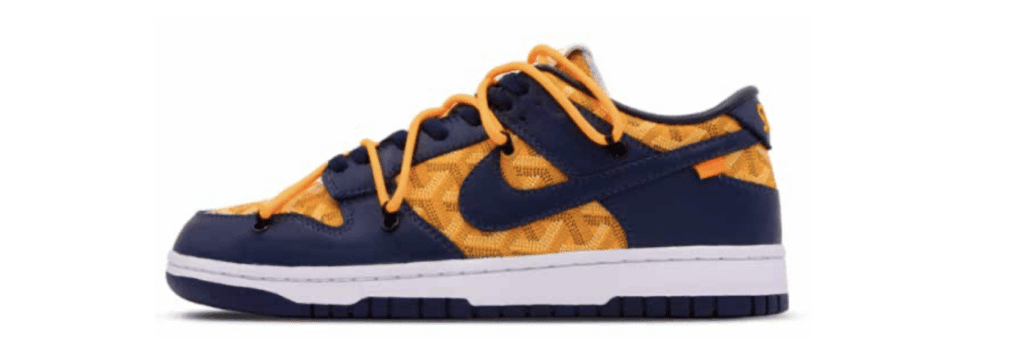
Goyard alleges that despite putting them on notice about such alleged infringement by way of cease-and-desist letters, the defendants have made “zero changes to their recent product listings, which contain no disclaimers regarding the lack of authorization or affiliation with Goyard, and [have] blatantly ignored Goyard’s intellectual property rights.” And speaking of disclaimers: The defendants have “purposefully omitted any disclaimers regarding the lack of affiliation with Goyard in order to trade on Goyard’s reputation and goodwill,” Goyard maintains.
With the foregoing in mind, Goyard sets out claims of trademark infringement, false designation of origin, and unfair competition, and is seeking preliminary and permanent injunctive relief, as well as monetary damages.
THE TAKEAWAY: What might be the most interesting aspect of Goyard’s case is how the company characterizes the alleged infringement at play. In particular, it is worth noting that the complaint is not definitively claiming that the Goyardine canvas that appears on the defendants’ offerings is counterfeit. Instead, Goyard seems to argue that it may be fake Goyardine canvas, hence, its assertion that “this is an action for trademark infringement and/or counterfeiting.” (Emphasis courtesy of TFL.)
What appears to be the bigger issue here based on the language in Goyard’s complaint is that regardless of whether the Goyard trademark-emblazoned canvas is or is not authentic, the defendants’ use of it is not legally above-board, as such use was not authorized by Goyard.
If we assume that the canvas is authentic, this raises the question of whether the defendants would need Goyard’s authorization to use it. The answer is almost certainly yes – if for no other reason than the products that the defendants are offering up are (namely, sneakers customized with Goyardine canvas) are “materially different” from the ones that Goyard released into the market and the trademark-bearing products are likely to cause confusion among consumers, thereby, removing any potential first sale doctrine arguments that the defendants might be tempted to lodge in their favor.
The case is Goyard St-Honore v. S2, Inc., et al., 2:24-cv-04903 (C.D. Cal.)




